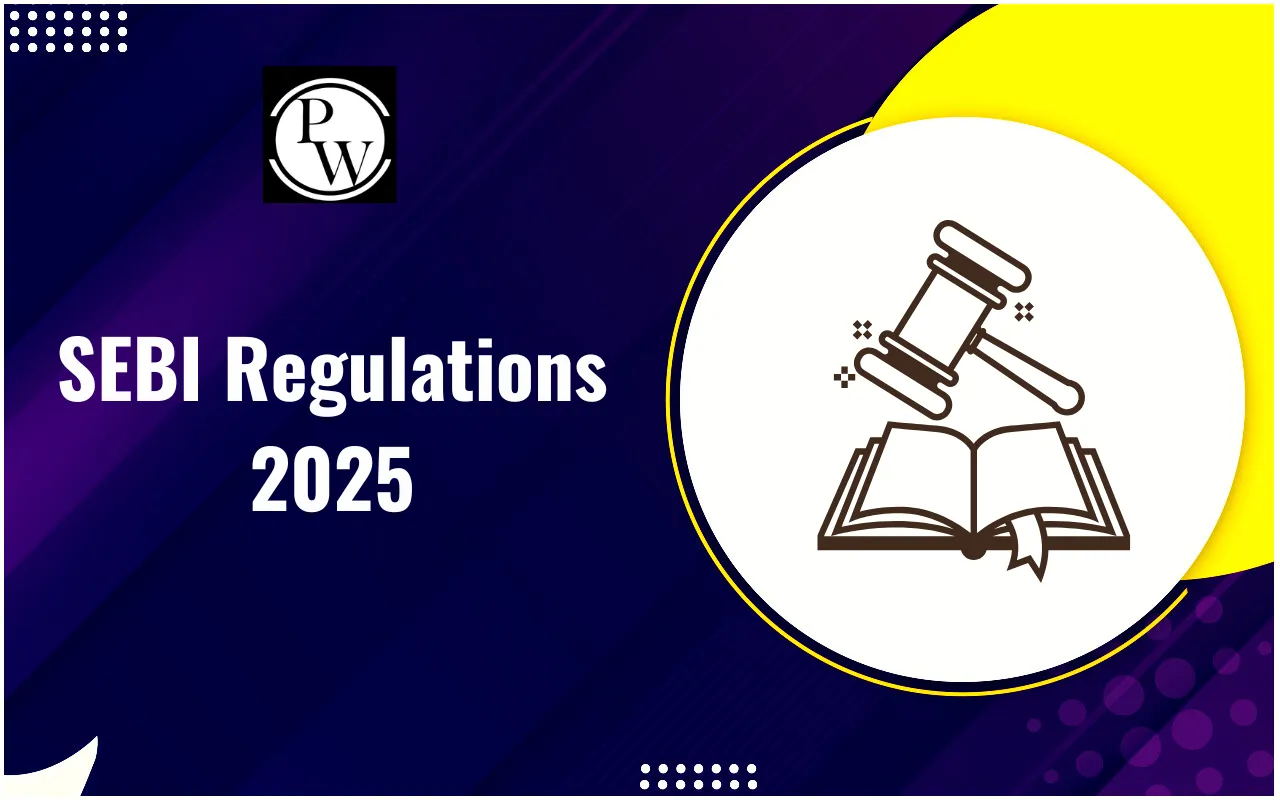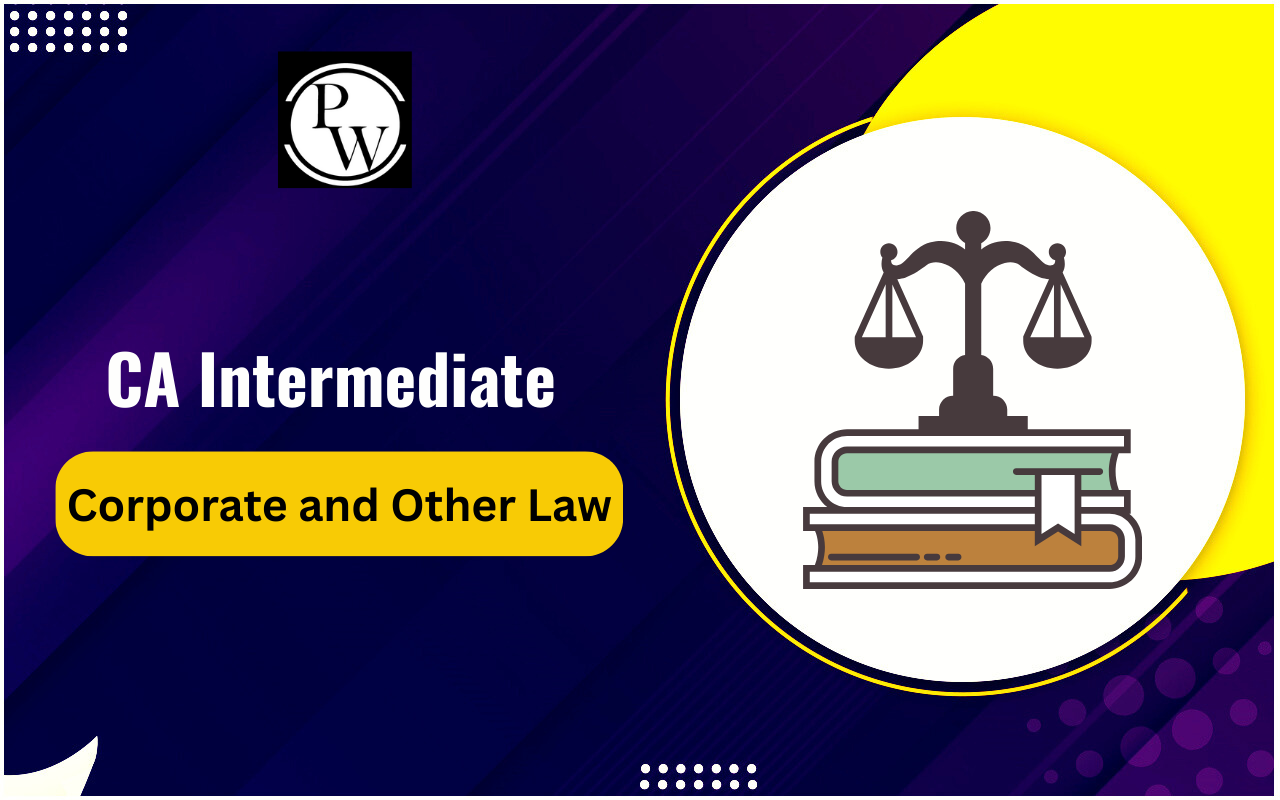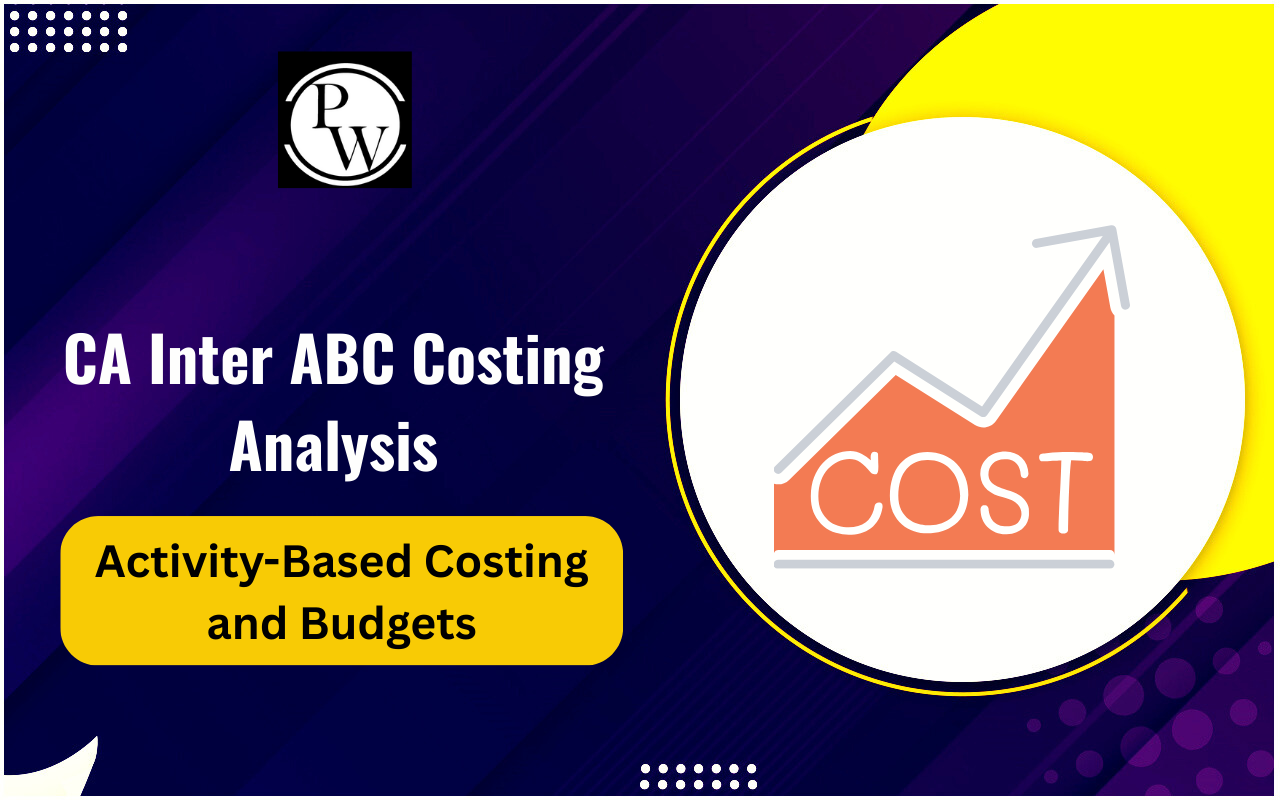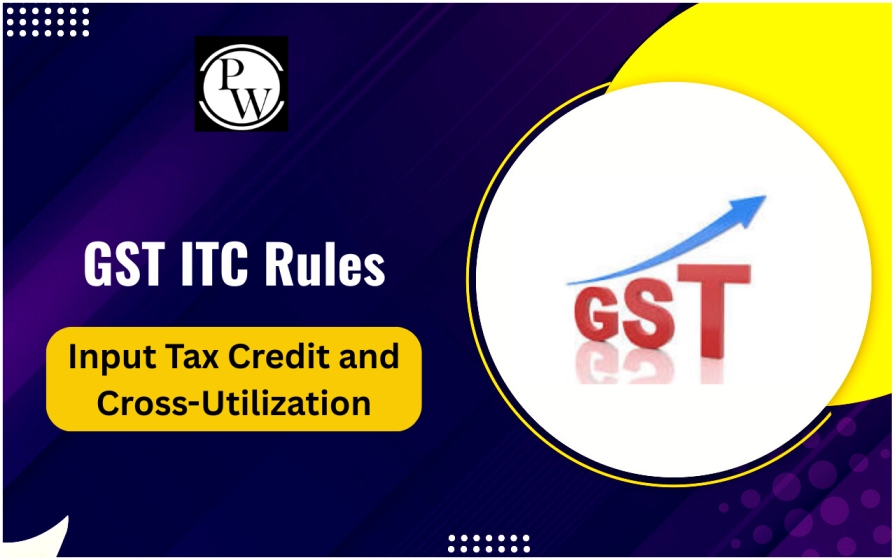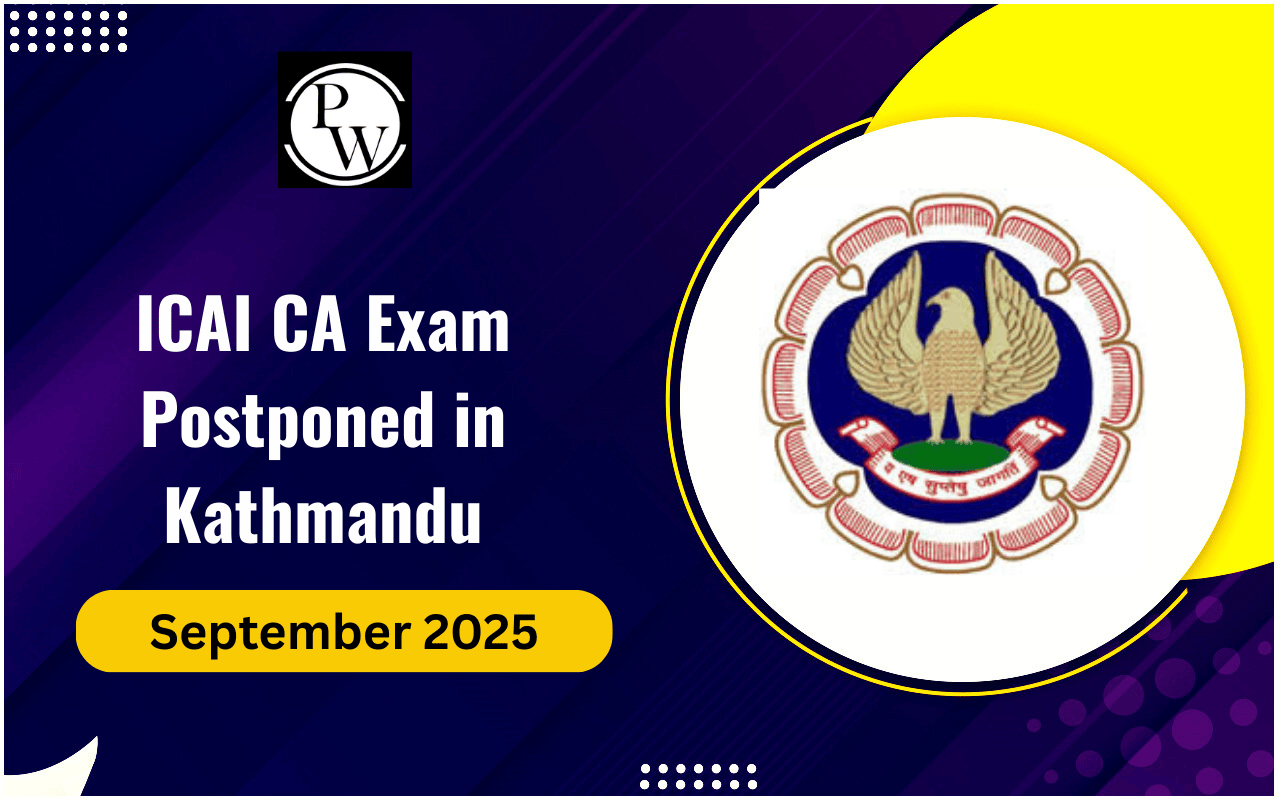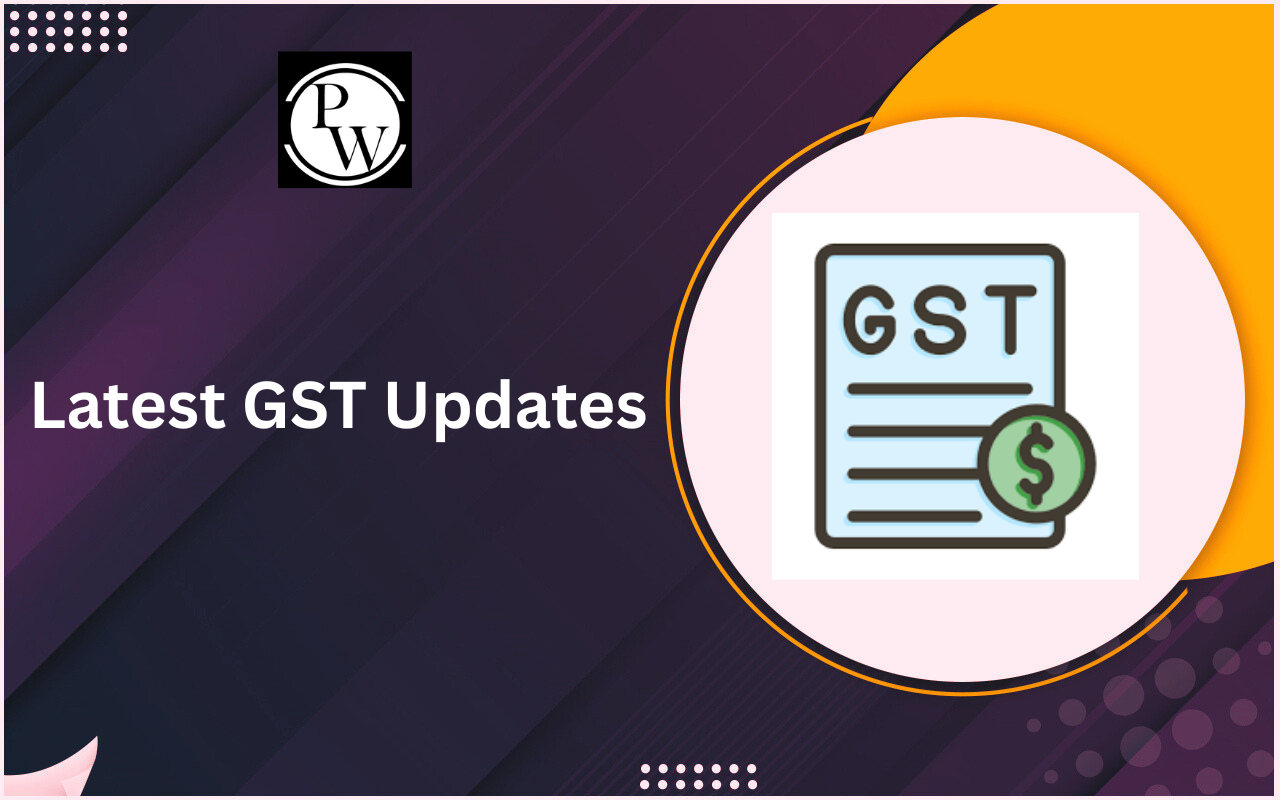
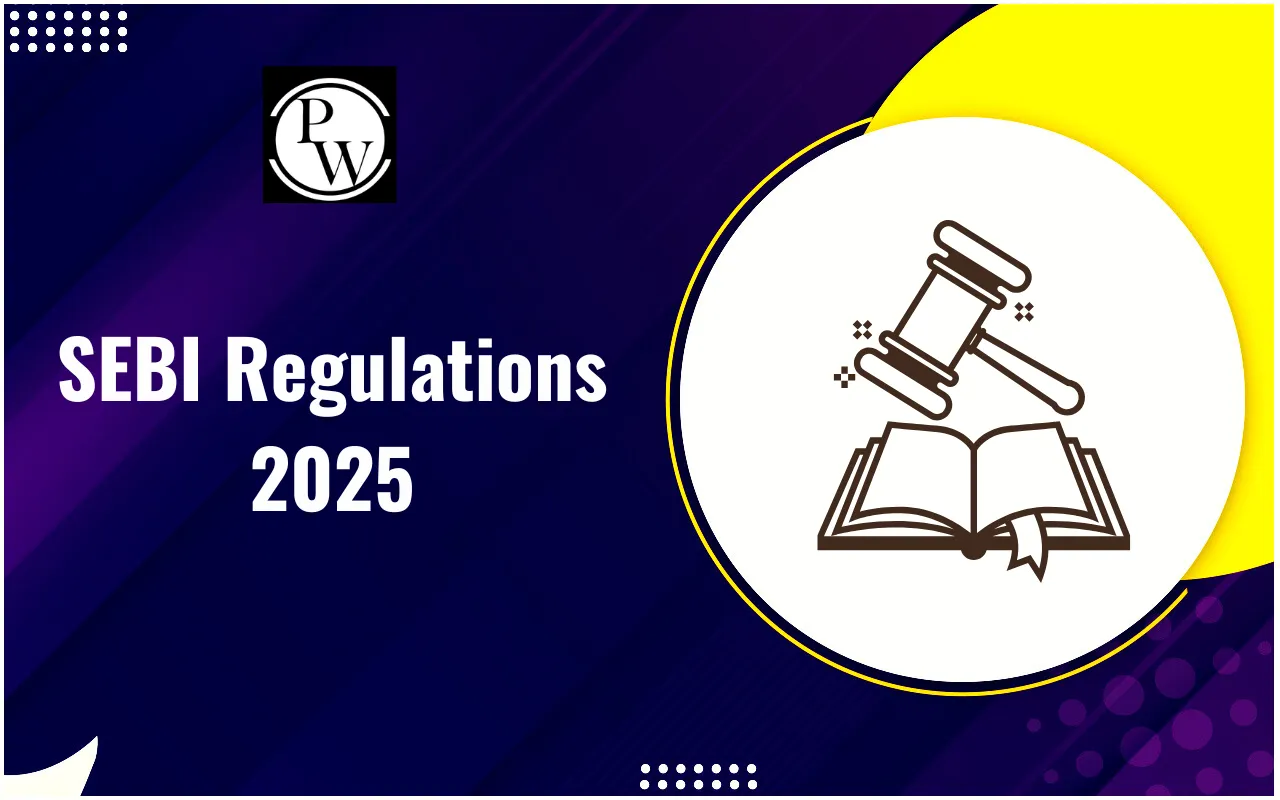
SEBI Regulations: Securities and Exchange Board of India, also known as SEBI, is the main body that regulates the securities market in India. It was established in 1992 to protect investors, promote fairness, and support the growth of the securities market. Over the years, SEBI has made many rules to make sure that the market works smoothly and honestly. These rules are known as SEBI Regulations. They help companies, investors, stock exchanges, and other participants in the market.
In 2025, SEBI made many important changes to its regulations. These changes were made to fulfil the needs of the growing financial market. It provides better protection to investors. Below, we’ve mentioned the meaning of SEBI Regulations, their functions, the major regulations, and the latest amendments.
SEBI Regulations 2025
SEBI Regulations are the set of rules and guidelines made by SEBI to regulate and supervise the securities market in India. These regulations make sure that companies, investors, and intermediaries like stockbrokers and mutual funds follow fair practices. The main goal of SEBI Regulations is to build trust and transparency in the financial market.
SEBI Regulations cover many areas like listing of companies, issue of shares, mutual funds, insider trading, and investment advice. In 2025, SEBI introduced fresh changes to strengthen its regulatory framework and to make processes easier for companies and safer for investors.
Functions of SEBI
The functions of SEBI are very important for the smooth working of the securities market. These functions make sure that the market is fair and free from fraud. Below, we’ve mentioned the key functions of SEBI:
-
Regulating Market Intermediaries: SEBI registers and regulates middlemen like stockbrokers, merchant bankers, and investment advisers. It ensures that these middlemen follow proper rules and help investors in a fair manner.
-
Ban Unfair Trade Practices: SEBI takes action against unfair practices like insider trading and market manipulation. This helps to keep the market honest and protects investors.
-
Promoting Investor Education: SEBI creates awareness programs and campaigns to educate investors about their rights and responsibilities. Investor education builds confidence and reduces the risks of fraud.
-
Regulating Takeovers and Acquisitions: SEBI monitors mergers, acquisitions, and large share purchases. This ensures fair treatment of all shareholders.
-
Ensuring Transparency: SEBI makes sure that companies disclose important information on time. This helps investors make informed decisions.
Important SEBI Regulations 2025
SEBI has made many important regulations to manage different parts of the securities market. Below, we’ve mentioned the important SEBI Regulations 2025 and their purpose:
| Important SEBI Regulations 2025 | |
| SEBI Regulation | Purpose |
| SEBI (Listing Obligations and Disclosure Requirements) Regulations, 2015 (LODR) | Ensures transparency and corporate governance in listed companies. Updated in 2025 to tighten related party disclosures. |
| SEBI (Issue of Capital and Disclosure Requirements) Regulations, 2018 (ICDR) | Regulates the issue of securities like IPOs and rights issues. Amended in 2025 to simplify the rights issue process. |
| SEBI (Prohibition of Insider Trading) Regulations, 2015 | Prevents misuse of non-public price-sensitive information. In 2025, expanded to cover business contracts and orders. |
| SEBI (Mutual Funds) Regulations, 1996 | Governs the setup and functioning of mutual funds. Updated in 2025 to improve transparency and protect investors. |
| SEBI (Alternative Investment Funds) Regulations, 2012 | Regulates private equity, venture capital, and hedge funds. Amended in 2025 to simplify the framework and encourage growth. |
| SEBI (Research Analysts) Regulations, 2014 | Sets rules for research analysts to ensure independence and avoid conflicts. Amended in 2025 to improve compliance. |
| SEBI (Investment Advisers) Regulations, 2013 | Regulates investment advisers and ensures ethical advisory services. Updated in 2025 to enhance investor protection. |
Key Amendments of SEBI Regulations
In 2025, SEBI made key amendments to its regulations. These amendments were made to meet the changing demands of the financial market and to protect investors more effectively. The main amendments are shown below:
| Key Amendments of SEBI Regulations | |
| Amendment | Details |
| Expansion of Same-Day Settlement (T+0) | From January 31, 2025, SEBI allowed optional same-day settlement for the top 500 stocks. This improves liquidity and efficiency. |
| Strengthening Insider Trading Regulations | Definition of unpublished price-sensitive information (UPSI) expanded to include business orders and contracts. |
| Easing Rights Issue Process | Simplified process for rights issues by removing the need for lead managers in some cases and reducing paperwork. |
| Review of ESG Disclosures | SEBI started reviewing environmental, social, and governance (ESG) reporting requirements to ensure more accurate and useful information. |
SEBI Regulations play a very important role in keeping the Indian securities market fair, transparent, and efficient. They help companies, investors, and intermediaries to follow ethical practices. In 2025, the new amendments focused on improving settlement processes, tightening insider trading rules, making rights issues easier, and reviewing ESG disclosures.
The functions of SEBI, such as regulating intermediaries, stopping unfair practices, promoting investor education, and ensuring transparency, help maintain trust in the financial system. With its continuous updates, SEBI Regulations make sure that India’s securities market remains strong and dynamic.
As the market grows, SEBI will keep bringing changes that protect investors and promote fair practices, making the securities market more reliable for everyone.
SEBI Regulations FAQs
What are SEBI Regulations?
Why were amendments made in 2025?
What is the T+0 settlement rule?
How do SEBI Regulations protect investors?

